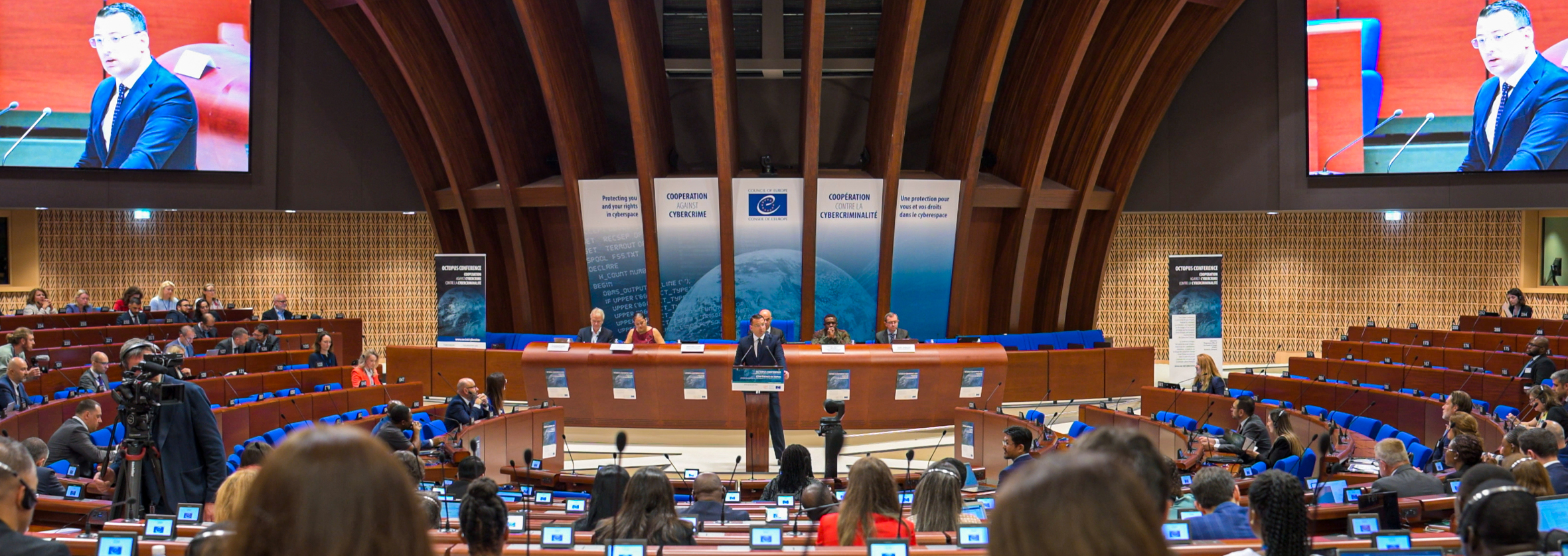STRASBOURG, 5 June 2025 — Malta is taking a leading role in the fight against cybercrime, calling for greater international unity to tackle the escalating digital threats that jeopardise democratic values and public trust.
In his address at the Octopus Conference 2025, held under Malta’s Presidency of the Council of Europe, Justice Minister Hon. Jonathan Attard described cybercrime as “a central, growing and global threat,” directly challenging the foundations of democracy. He emphasised that “international cooperation is not optional — it’s essential in countering sophisticated attacks”, which include online fraud, AI-driven disinformation and cyber abuse targeting journalists.
Hon. Attard announced Malta’s ratification of the First Additional Protocol to the Budapest Convention, a vital tool in combating online hate and discrimination. He underscored the need to strike a balance between freedom of expression and safeguarding individuals from digital harm.
On the legislative front, Malta is making strides to criminalise cyberstalking and cyberbullying, with the proposed law currently at the second reading stage in Parliament. The bill aims to refine legal definitions, impose stricter penalties and enhance protections for vulnerable groups.
Minister Attard also addressed emerging threats such as deepfakes, identity theft, and business email compromise (also referred to as CEO fraud), warning that these crimes erode public trust in digital systems and inflict significant financial and reputational damage.
To combat these issues, Malta is strengthening its collaboration with INTERPOL, Europol, Eurojust, and platforms such as SIENA while aligning national laws with EU directives and Council of Europe standards. Domestically, agencies such as MITA, the National CERT, and the Cybercrime Unit play a critical role in Malta’s comprehensive cybersecurity strategy, which also includes youth education campaigns and the Cyber Assess Scheme.
Later in the day, Minister Attard spoke at the Plenary Session of the European Commission for the Efficiency of Justice (CEPEJ), highlighting Malta’s ongoing efforts in judicial reform and the development of digital court systems. He commended Mr Justice Francesco Depasquale, Malta’s CEPEJ representative and current President, as a testament to Malta’s commitment to justice and international cooperation.

